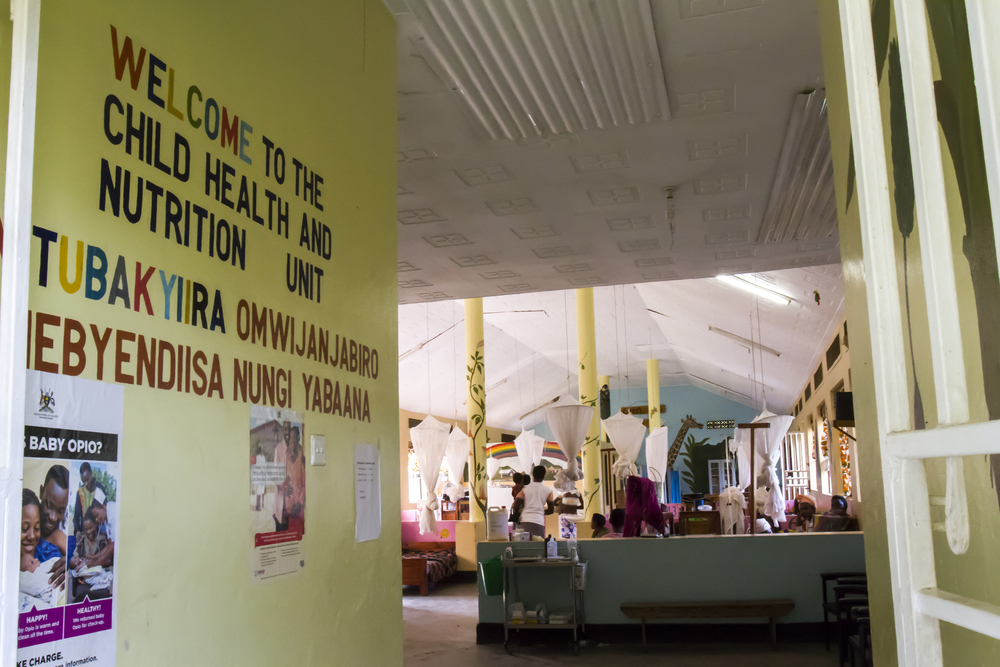A recent study led by Bela Ganatra and published in The Lancet investigated the safety of abortion worldwide. According to the study, there are an estimated 55.7 million abortions in the world every year. While calling any abortion “safe” makes me cringe, the study finds that about 10% of abortions in developed countries rank as unsafe, while close to 50% ranked as unsafe in developing nations. Some use these numbers to argue that safe abortions should be a foreign aid priority for anyone who cares about women.
Given Canada’s commitment to sending hundreds of millions of dollars overseas to promote abortion in developing countries, the information revealed in this study is highly relevant. The Liberals’ Feminist International Assistance Policy touches on education, nutrition, and women’s entrepreneurship, among other valuable things. Unfortunately, it also emphasizes the need for access to safe, legal abortions and, like Ganatra’s study, criticizes restrictive abortion laws in developing nations.
News reports on the study featured heart-wrenching stories of women considering suicide over carrying a pregnancy to term, or hemorrhaging from a botched abortion. The Policy’s Executive Summary lists strict abortion restrictions alongside female genital mutilation, forced marriage, and child marriage as a discriminatory practice holding women and girls back.
Blaming abortion restrictions, however, ignores evidence in the study itself that restrictions have little bearing on the safety and quality of care received. The study states, “The proportion of abortions that were least safe was also significantly higher in developing countries with the most restrictive laws than in developed countries with similarly restrictive laws.” That is, when comparing developed and developing nations that had the same regulations, the developed countries still had significantly safer abortions. From this we learn that it is not actually the restrictions that determine the safety of abortions but some other cause, whether the larger health framework of the nation in question, the political stability, the access to medical education, or some other factor.
The World Health Organization (WHO), where researcher Bela Ganatra is employed, reports that nearly half of its member states report fewer than one physician per 1000 population, including the Democratic Republic of Congo, Ethiopia, Sierra Leone, Ghana and Liberia, among many others. “Countries with the lowest relative need have the highest number of health care workers,” the WHO report states. Abortion restrictions are irrelevant in the broader framework of lack of access to health care for any medical service, necessary or elective.
So if legal restrictions are not the cause of unsafe abortion, why the push in Canada’s “feminist” Policy for fewer restrictions on abortion? In short, it’s ideological.
Obianuju Ekeocha, an outspoken human rights advocate from Nigeria, says that in order to convince any woman in Africa that abortion is a good thing, first you have to tell her that everything she’s been taught by her parents, her grandparents, and her culture, is wrong. This, she states unequivocally, is ideological colonization. Ekeocha points to African women’s real desires and needs: food, water, education.


The Liberal plan for foreign aid, with its focus on “reproductive rights” as founded upon abortion access, is nothing less than a colonial attempt at control without genuine aid. The targeted nations want their children to be healthy and safe. The “aid” being offered says children don’t need to be “healthy and safe” if they don’t exist. Rather than addressing societal and economic reasons parents struggle to provide for their families, the Canadian government takes aim at families, aiming to reduce poverty by reducing reproduction.
To use the Lancet study to promote international access to abortion is to ignore the greater need for stable health and education infrastructures in developing nations. In this study, evidence was collected and presented for a case we already knew was going to be made. Led by a researcher whose work focuses on the prevention of unsafe abortion, this study provided exactly what she needed to continue her work of promoting abortion. No space is left for a perspective that questions the validity of abortion as a means of enhancing equality for women, a perspective that believes women do not have to be more like men reproductively in order to succeed. In short, it left no space for a perspective of true equality, one that celebrates differences. This is the equality that could make a real difference in the lives of women around the world.